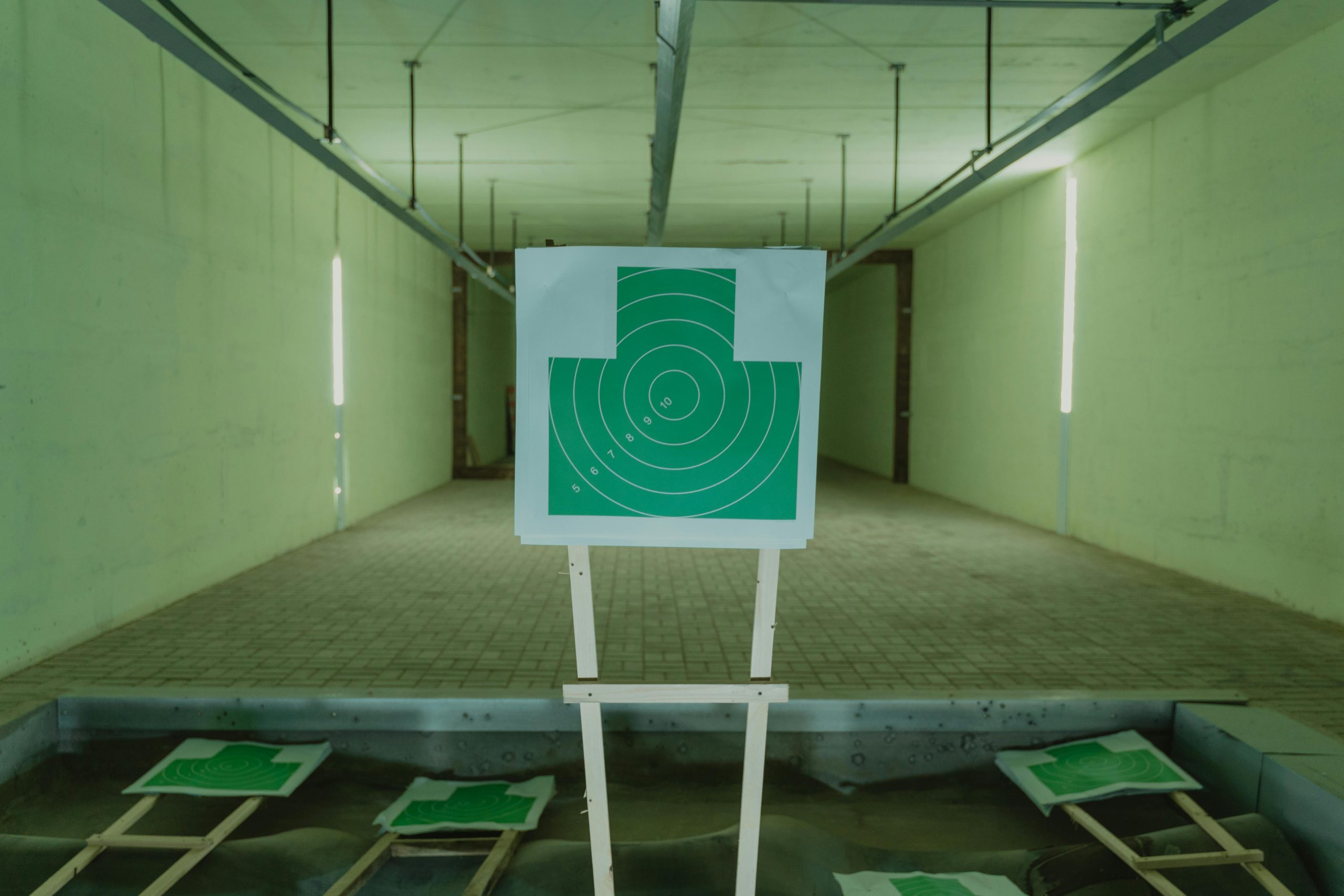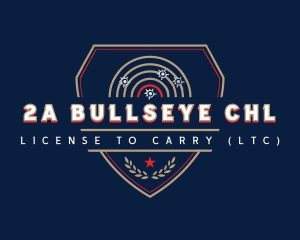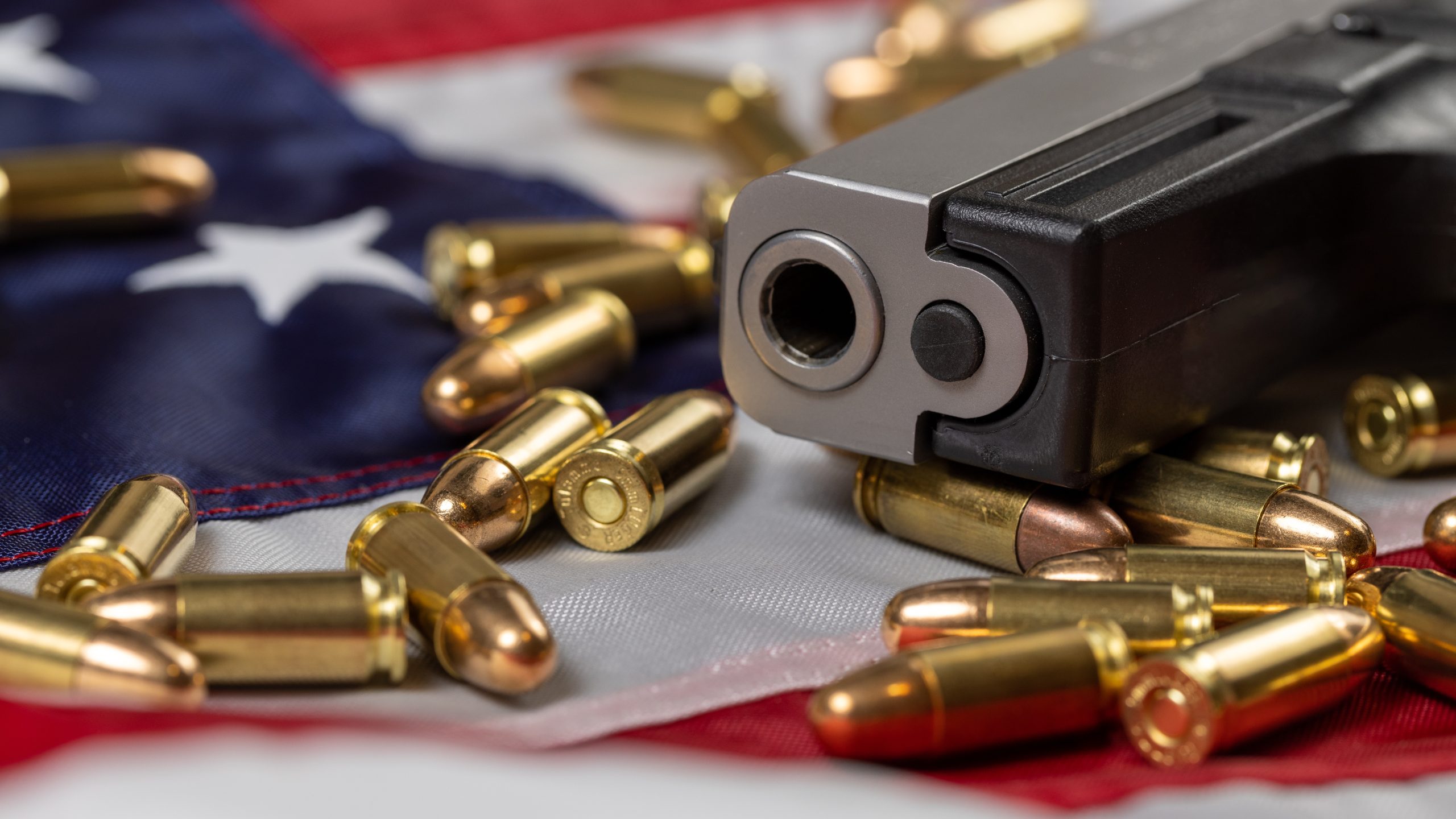
Firearms training is not only about physical skills but also about mental preparedness. Popular topics include overcoming fear and building confidence, and the Mental aspects of self-defense.
Firearms training often focuses on physical skills like aiming, shooting, and reloading, but the mental aspect of using a firearm is just as crucial—if not more so. In the heat of a high-stress situation, your physical training may be rendered ineffective without the mental readiness to support it. For those involved in self-defense or combat shooting, the psychological component is paramount. This includes overcoming fear, building confidence, and understanding the psychological effects of using a firearm in life-threatening situations. Mental preparation can be the difference between a successful response to danger and a catastrophic failure.
The Psychological Impact of Self-Defense and Combat Shooting
While overcoming fear and building confidence are vital components of mental preparation, it’s also crucial to address the deeper psychological aspects of firearms use, particularly when it comes to self-defense or combat shooting. The potential to take a life, even in a justified self-defense situation, can have profound emotional and psychological effects.
The Moral and Emotional Burden of Using Deadly Force
For many gun owners and those who engage in self-defense training, the notion of using deadly force is a heavy burden. Even in situations where using a firearm is legally justified, the emotional consequences of taking a life can be overwhelming. This “moral injury” can be compounded by questions of whether the threat was real enough to justify the use of force, guilt over the loss of life, or the psychological trauma from experiencing a violent encounter.
Training that includes discussions of the psychological aftermath of using a firearm can help prepare individuals to better handle these emotions should they ever face a life-or-death situation. This may involve stress management techniques, counseling, or even post-incident debriefing with law enforcement professionals or mental health counselors. Understanding the emotional toll of using force can make it easier to mentally cope with the aftermath.
Combat Stress and Adrenaline Dump
During a combat or self-defense situation, a phenomenon known as “adrenaline dump” occurs. This is the rapid release of adrenaline that prepares the body for action, often leading to an elevated heart rate, dry mouth, and increased alertness. In a gunfight, adrenaline can distort your perception of time, affect fine motor skills, and even cause temporary tunnel vision. Understanding this process and preparing for it mentally can help a shooter remain focused during stressful encounters.
To prepare for combat stress, firearms training should include stress inoculation drills. These drills simulate the high-stress environment of a real-life situation, allowing individuals to experience the effects of adrenaline and practice staying calm under pressure. The ability to stay focused on the task at hand—whether it’s aiming, reloading, or assessing the situation—is critical in ensuring an effective response.
The Role of Decision-Making Under Stress
The ability to make quick, effective decisions under stress is another psychological component that must be trained. In self-defense situations, hesitation can be deadly, and every action taken with a firearm must be deliberate. The mental challenge here lies in balancing the need to act quickly with the necessity to make the right decision.
Training that emphasizes decision-making under pressure is crucial. This includes recognizing when to draw a firearm, how to assess the threat, and when to de-escalate or retreat. Mental exercises that simulate real-life decision-making scenarios, such as determining whether to use deadly force, help prepare individuals for the high-stakes choices they may need to make.
SUMMARY
Mental preparation for firearms use is just as important as physical training. Overcoming fear, building confidence, and understanding the psychological effects of combat shooting are crucial components of becoming a competent and responsible gun owner. Fear can be managed through exposure and mental conditioning, while confidence grows through consistent training and experience. Furthermore, understanding the emotional and psychological burdens of using deadly force helps to prepare individuals for the aftermath of a real-life self-defense encounter. Firearms training that incorporates mental preparedness, decision-making under pressure, and stress inoculation provides a comprehensive approach to gun ownership and self-defense, ensuring that individuals are ready both physically and mentally for any situation that may arise.
Get Your Texas LTC Online
You can now take the official Texas license to carry class online. Our online Texas LTC class is approved statewide by Texas DPS. We are Texas state certified online LTC course providers. The course is available 24/7, enroll below.

